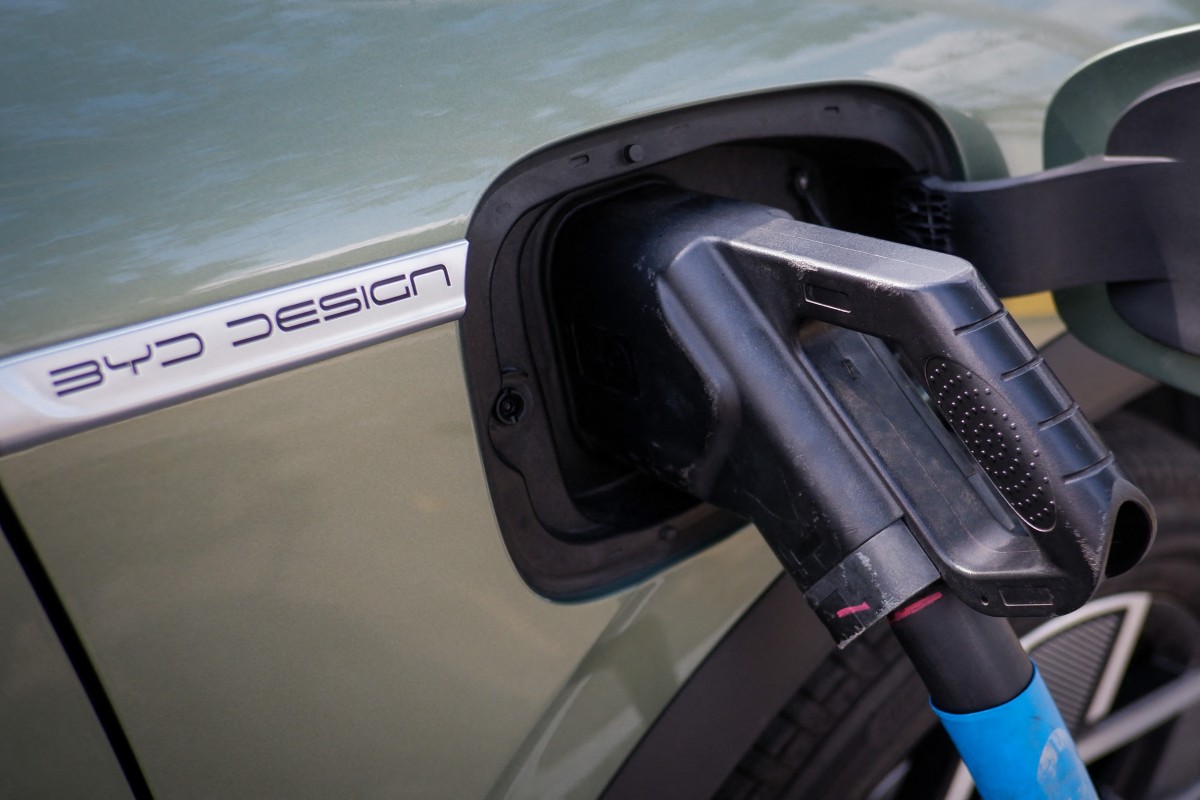
403
Sorry!!
Error! We're sorry, but the page you were looking for doesn't exist.
U.S. plans to expand restrictions on Chinese automotive technology
(MENAFN) The United States is poised to intensify its scrutiny of Chinese involvement in the automotive sector, targeting a broader range of vehicles that use Chinese electronic software connected to the internet. This new focus marks a shift from the previous emphasis on Chinese-made electric cars to a wider array of internet-connected and self-driving vehicles that rely on Chinese software. This strategic move is part of Washington's broader efforts to mitigate national security risks associated with Chinese technology.
A recent report reveals that officials from the Biden administration are considering proposing new restrictions on Chinese software used in vehicles sold in the US as early as this month. Modern vehicles, whether they run on gasoline, electricity, or other fuels, are increasingly equipped with internet-connected devices, raising concerns about potential cybersecurity threats and data privacy breaches.
The upcoming restrictions, to be implemented by the US Department of Commerce, aim to block Chinese firms from collecting data on American drivers and transmitting it to China. Additionally, these measures seek to limit the influence of Chinese suppliers in the US automotive market, thereby encouraging the development of domestic supply chains for connected vehicles and enhancing the security of American automotive technology.
A recent report reveals that officials from the Biden administration are considering proposing new restrictions on Chinese software used in vehicles sold in the US as early as this month. Modern vehicles, whether they run on gasoline, electricity, or other fuels, are increasingly equipped with internet-connected devices, raising concerns about potential cybersecurity threats and data privacy breaches.
The upcoming restrictions, to be implemented by the US Department of Commerce, aim to block Chinese firms from collecting data on American drivers and transmitting it to China. Additionally, these measures seek to limit the influence of Chinese suppliers in the US automotive market, thereby encouraging the development of domestic supply chains for connected vehicles and enhancing the security of American automotive technology.

Legal Disclaimer:
MENAFN provides the
information “as is” without warranty of any kind. We do not accept
any responsibility or liability for the accuracy, content, images,
videos, licenses, completeness, legality, or reliability of the information
contained in this article. If you have any complaints or copyright
issues related to this article, kindly contact the provider above.


















Comments
No comment